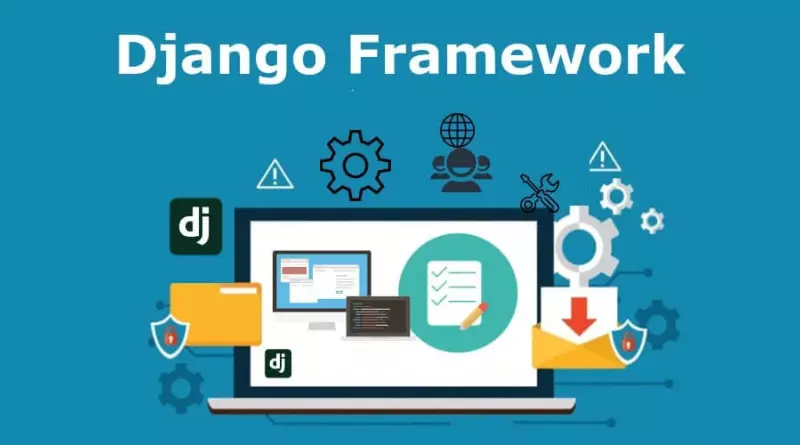Effective Ways to Overcome Short-Term Financial Challenges

It’s not uncommon to face short-term financial difficulties, whether it’s due to unexpected expenses, overspending, or a decrease in income. However, there are effective strategies you can use to manage these situations. In this article, we will discuss five simple ways to overcome short-term finance woes, including budgeting, reducing expenses, negotiating with creditors, increasing income, and seeking financial assistance.
Short-term financial woes can be a stressful experience, but there are some simple strategies you can use to manage them effectively. Here are five tips to help you deal with short-term financial difficulties:
Understanding short-term finance woes
Short-term financial difficulties can occur due to unforeseen expenses, overspending, or a temporary reduction in income, such as a job loss or reduction in work hours. It is crucial to have a clear understanding of your financial situation, including your income, expenses, and debts. By analyzing your finances, you can create a plan to get back on track.
Creating a budget to track your expenses
Creating a budget is an effective way to track your expenses and manage your finances. Start by listing all of your sources of income, such as your salary or freelance work. The next step is to create a list of all your expenses, which should include both fixed expenses like rent and variable expenses like groceries.Once you have a clear picture of your income and expenses, you can identify areas where you can cut back, such as reducing dining out or canceling subscription services. By reducing expenses, you can free up cash flow to help manage short-term financial difficulties.
Cutting expenses to free up cash flow
Cutting expenses is a highly effective strategy to manage short-term financial difficulties. You can reduce expenses by making small changes, such as eating out less and canceling subscription services. Analyze your expenses closely and identify areas where you can cut back. For instance, you may start cooking at home instead of dining out or canceling your gym membership and exercising at home. Negotiating bills, such as your cable or internet bill, is also an option. Many providers offer promotions or discounts to retain customers, so it’s worth asking if there are any available.
Reducing Your Debt Burden through Creditor Negotiation.
If you’re facing financial challenges due to debt, negotiating with your creditors can be a helpful strategy to manage your finances effectively. Your creditors might agree to work with you by reducing your debt burden, for instance, by lowering your interest rates or waiving certain fees.
It’s important to be proactive and contact your creditors before falling behind on payments. During negotiations, be honest and transparent about your situation. Explain that you are experiencing short-term financial difficulties and ask if there are options to reduce your debt burden. Remember that creditors want to get paid, so they may be willing to work with you to find a solution.
Exploring Options for Financial Help from Family, Friends, and Community Organizations.
If you’re having trouble making ends meet, seeking financial assistance from family, friends, or community organizations can be a viable option. Although it can be challenging to ask for help, remember that financial hardship is a common experience. Begin by reaching out to family and friends to see if they can offer any support. If this is not an option, there are many community organizations that offer financial assistance, such as food banks and utility assistance programs. It’s worthwhile to research the resources available in your community.
Strategies to Stay Financially Disciplined and Prevent Short-Term Finance Woes
While managing short-term finance woes is crucial, staying financially disciplined is equally important in achieving long-term financial stability. To avoid future financial crises, start by creating a budget that suits your lifestyle and sticking to it. Be sure to track your expenses and avoid unnecessary spending. Additionally, having an emergency fund is critical. Save at least six months’ worth of living expenses in an emergency fund that can be used to cover unexpected expenses such as car repairs or medical bills.
Successful Case Studies of Overcoming Short-Term Finance Woes
To showcase the effectiveness of managing short-term finance woes, let’s examine some case studies of individuals who successfully handled their financial situation.
Case Study #1:
Sarah faced financial difficulties due to unexpected medical bills. To overcome the situation, she took the following steps: creating a budget, cutting back on dining out and canceling subscriptions to reduce expenses, and negotiating with creditors to lessen her debt burden. By implementing these strategies, Sarah successfully regained control of her finances and paid off her medical bills.
Case Study #2:
John faced a temporary reduction in income due to job loss, causing short-term finance woes. To manage his finances, he sought financial assistance from his family and applied for unemployment benefits. He created a budget to monitor his spending and pinpointed areas where he could reduce expenses, such as discontinuing his gym membership and preparing meals at home more frequently. By implementing these strategies, John was able to overcome his short-term finance woes and eventually found a new job.
conclusion
In conclusion, short-term finance woes can be stressful and overwhelming, but there are strategies and resources available to help manage them. By creating a budget, cutting expenses, negotiating with creditors, and seeking financial assistance from family, friends, or community organizations, it is possible to regain control of your finances. Additionally, staying financially disciplined and having an emergency fund in place can help avoid future financial crises. The case studies of Sarah and John demonstrate the effectiveness of these strategies in successfully managing short-term finance woes. Remember, it’s important to be proactive and seek help when needed, and with patience and perseverance, it is possible to overcome financial challenges.




